ROMANCE
silent disco encore
Raque Ford, Brittany Adeline King, Ingrid Yi-Chen Lu, Eric Veit, Liz Vitlin, Owen Westberg
Nov 21–Jan 26, 2025
Silent discos (now sometimes called mobile clubbing) originated in the early 2000s, transmitting music on a single channel to ravers to prevent “noise pollution” late at night, and has become a ubiqutous nightlife or wedding party gimmick. What gets lost when things get cleaned up? Left to our own devices, in our own heads, it makes sense that we’re still longing for something to touch or something with tension—stuttering images on home videos made for no one, objects punctured with an adornment that could be armor, a chaotic and “untidy” surface glittering with stars—for some form of authenticity to be transmitted.Don’t you sometimes want to put on your headphones like a sullen teen, not wanting to talk to anyone but be in touch with everyone, not wanting to be vulnerable but not wanting to perform main character energy either? Is it wrong to be suspicious of subjectivity these days?
Cluttercore was coined in 2022, so I guess it’s also over now. “What’s fun about cluttercore is it REQUIRES personality and specialized interest in order to work and it celebrates radical individuality,” quotes in Architectural Digest. What would Walter Benjamin say about microtrends? It’s like how he talks about the concept of the outmoded, and how at the very moment when something appears dated or no longer holds use (aka commercial) value, the thing (be it a dead technology or an aesthetic) reveals the utopian vision that existed at its outset, free of market pressure to perform. It’s soothing to sit in a room by yourself, with all your stuff, a reminder of being a body with an imperfect history, its own trajectory, and layered emotional archeology. Call the curtain on exuberance, you say, but perhaps now that we can view this sensibility from a distance with a smirk, the emotive properties and imperatives for mess reveal themselves.
We spend most of our embodied existence intertwined in mediating structures, such that we make our homes and appearances amongst alternating strata of physical and virtual and social codes, posting and papering on grids and walls of bedrooms in microcosms and microtrends that just might make us feel not entirely alone. If reality is somewhere between disassociation and hyperawareness of presence, the works here amalgamate the material and imaged into one, where sensorial experience at once slows and accelerates, devolving into roughly patchworked layers or a messy assembly between “consensus reality” and the hyper-constructed realities that isolate—rather than individuate—us all. Self-awareness is complicated at the encore, when the fourth wall is broken, and the audience in standing ovation demands just one more performance.
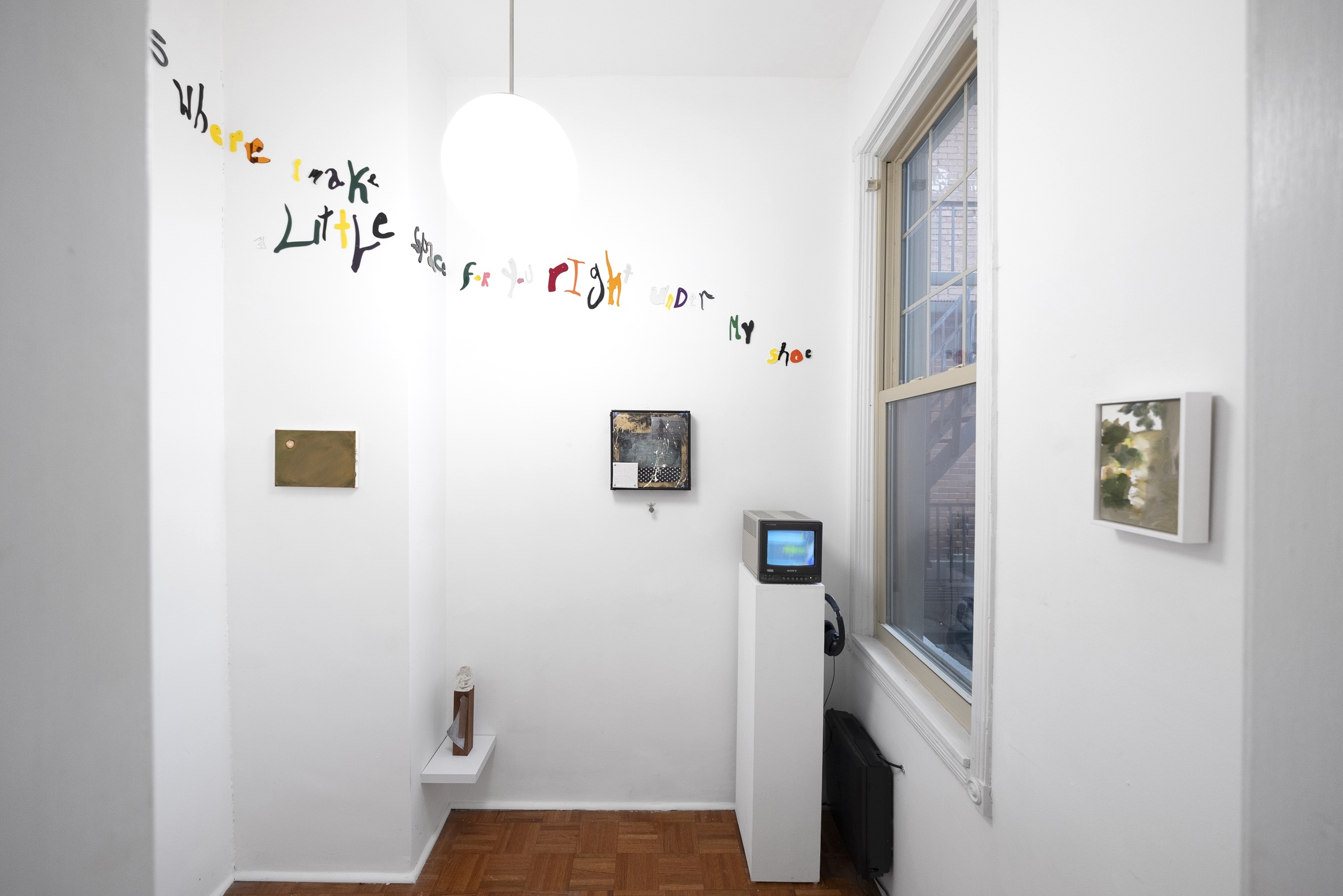
Installation view, silent disco encore, 2024

Raque Ford
A litle space for you, 2024
Acrylic, nails
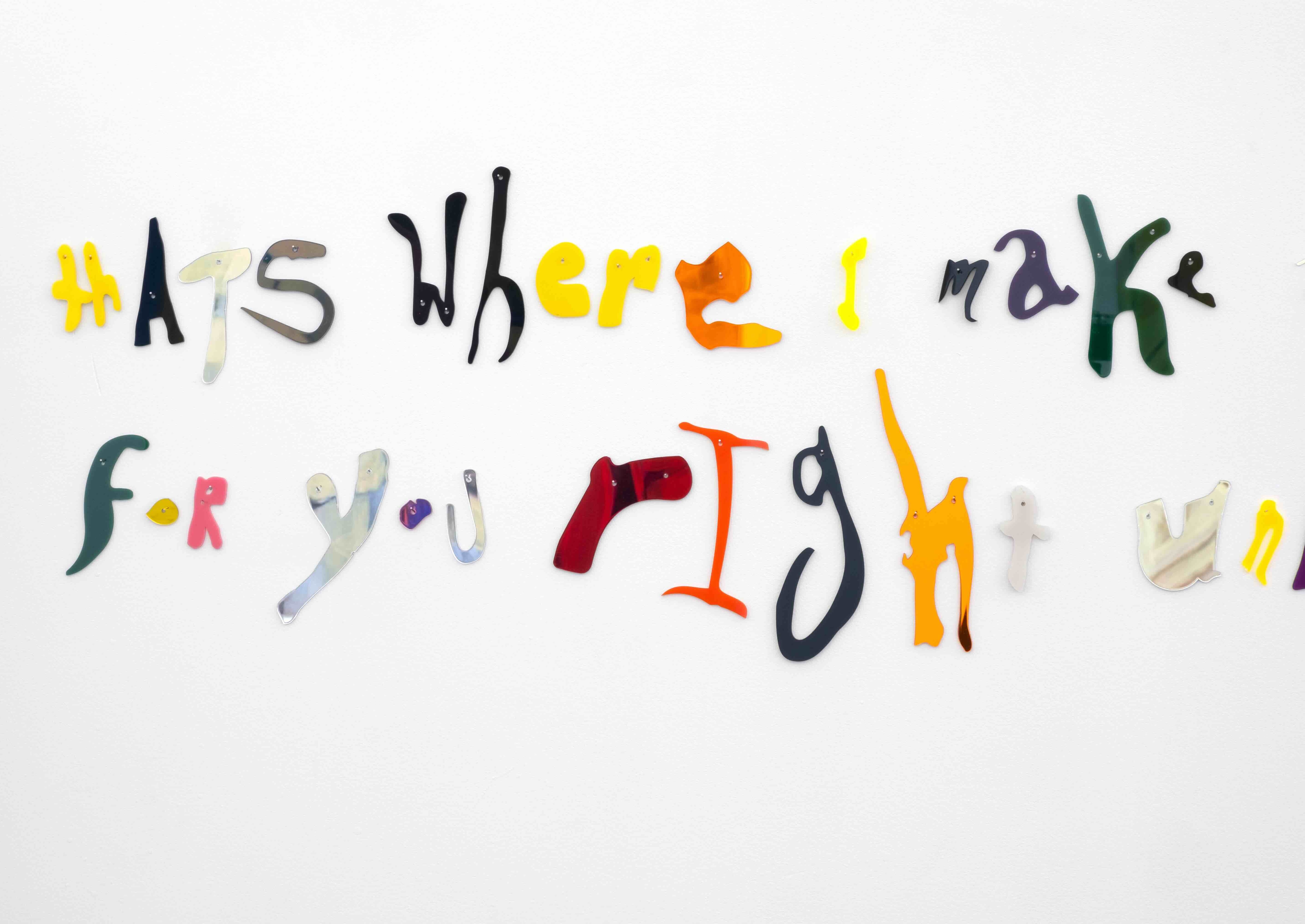
Raque Ford
A litle space for you (detail) 2024
Acrylic, nails

Installation view, silent disco encore, 2024

Installation view, silent disco encore, 2024

Installation view, silent disco encore, 2024
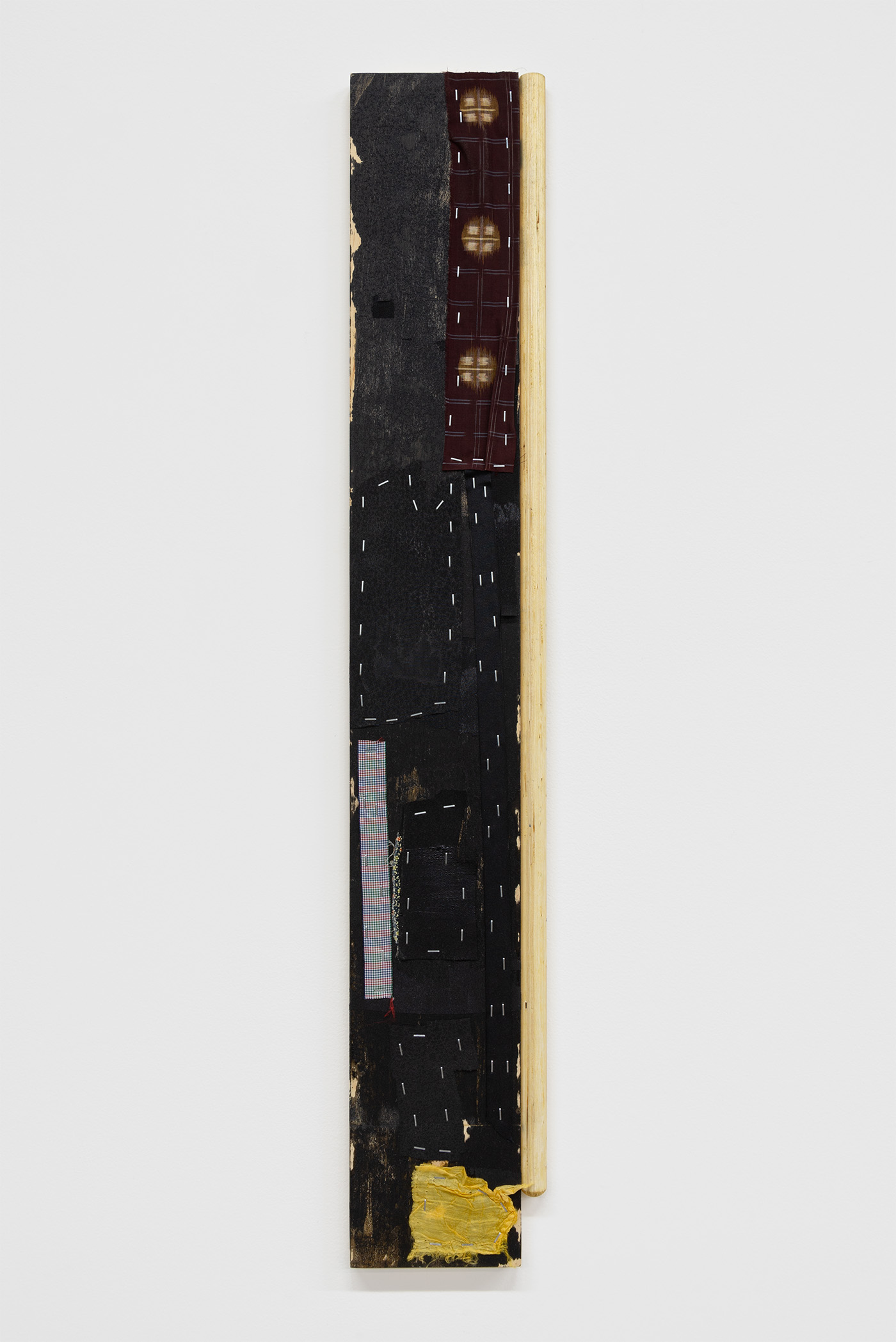
Eric Veit
Doll, 2024
Wood, plastic, resin, various metals

Eric Veit
Doll (detail), 2024
Wood, plastic, resin, various metals

Installation view, silent disco encore, 2024

Ingrid Yi-Chen Lu
youth wasted, 2024
Acrylic, watercolor, and ornament with beads on canvas

Ingrid Yi-Chen Lu
youth wasted, 2024
Acrylic, watercolor, and ornament with beads on canvas
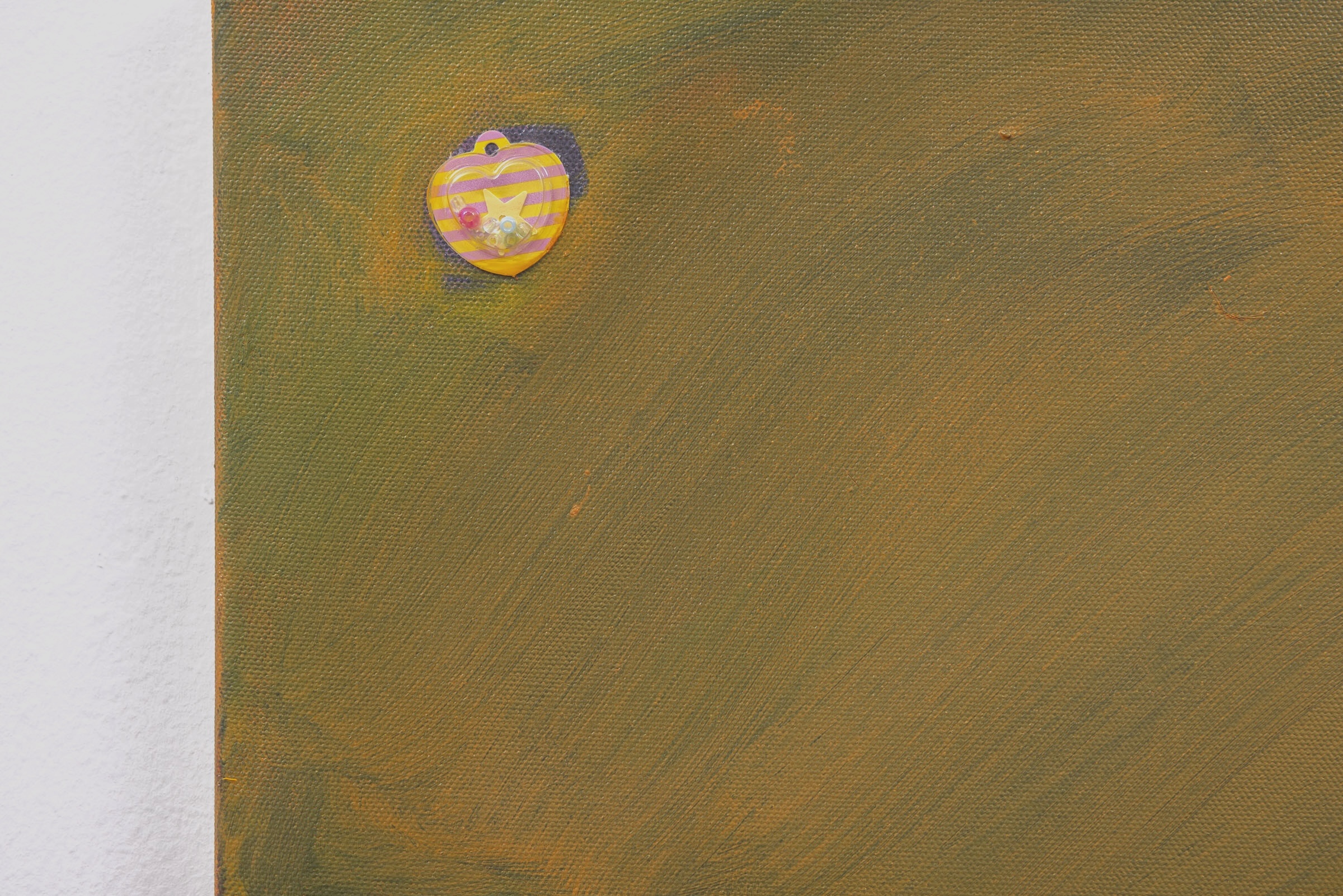
Ingrid Yi-Chen Lu
youth wasted (detail), 2024
Acrylic, watercolor, and ornament with beads on canvas

Ingrid Yi-Chen Lu
Flavor Show, 2024
Acrylic, watercolor, and sequin on canvas
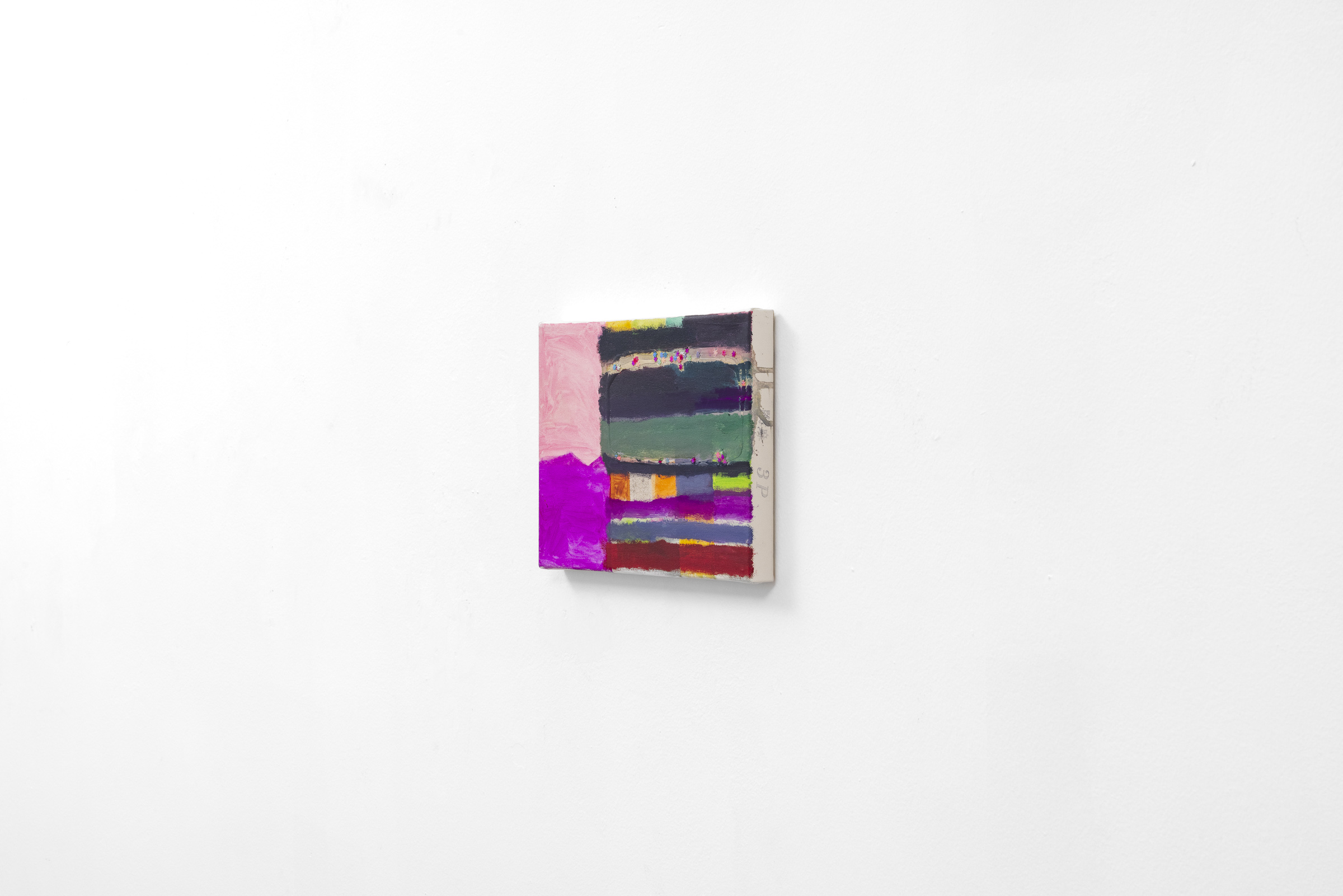
Ingrid Yi-Chen Lu
Flavor Show, 2024
Acrylic, watercolor, and sequin on canvas

Ingrid Yi-Chen Lu
Flavor Show, 2024
Acrylic, watercolor, and sequin on canvas
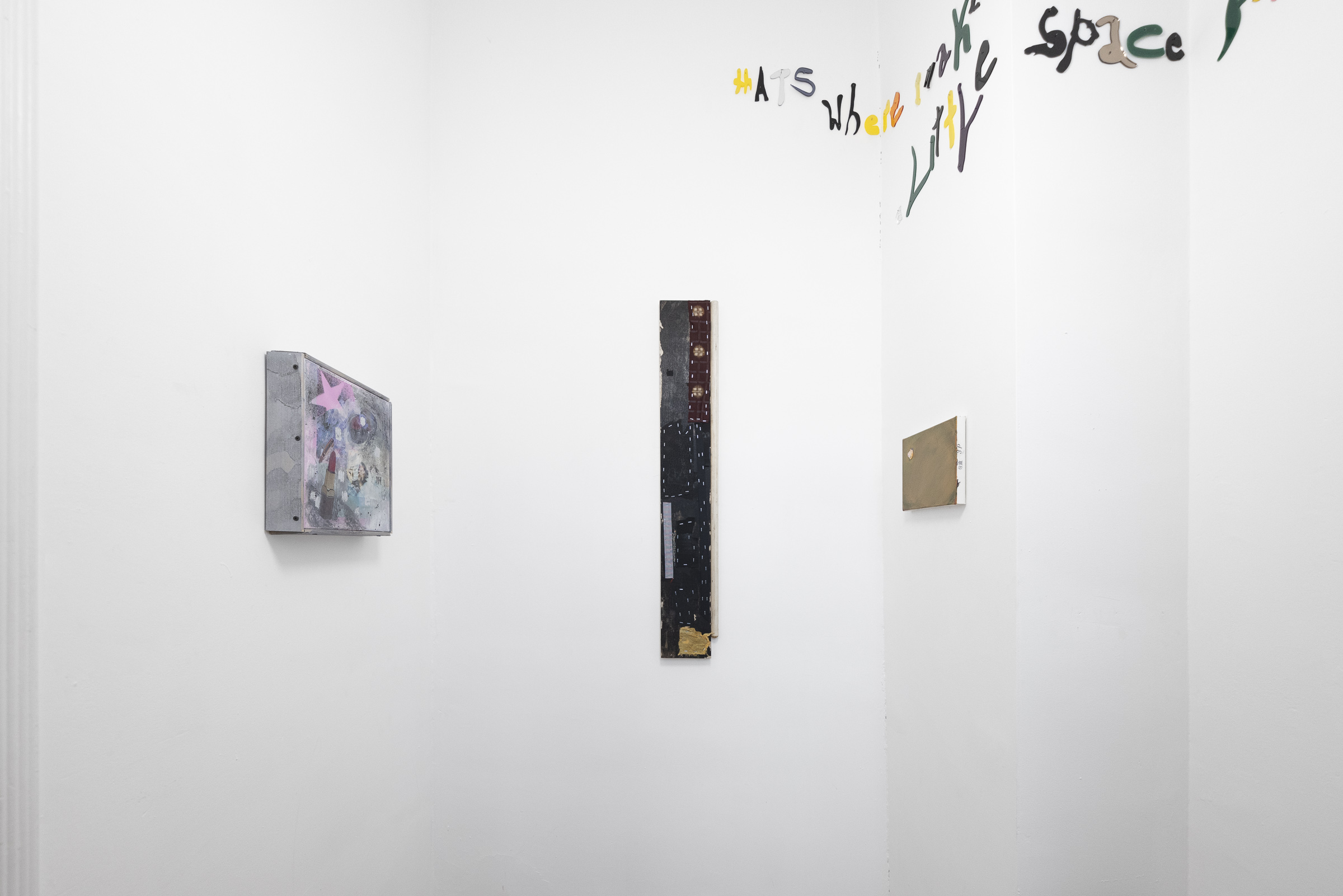
Installation view, silent disco encore, 2024
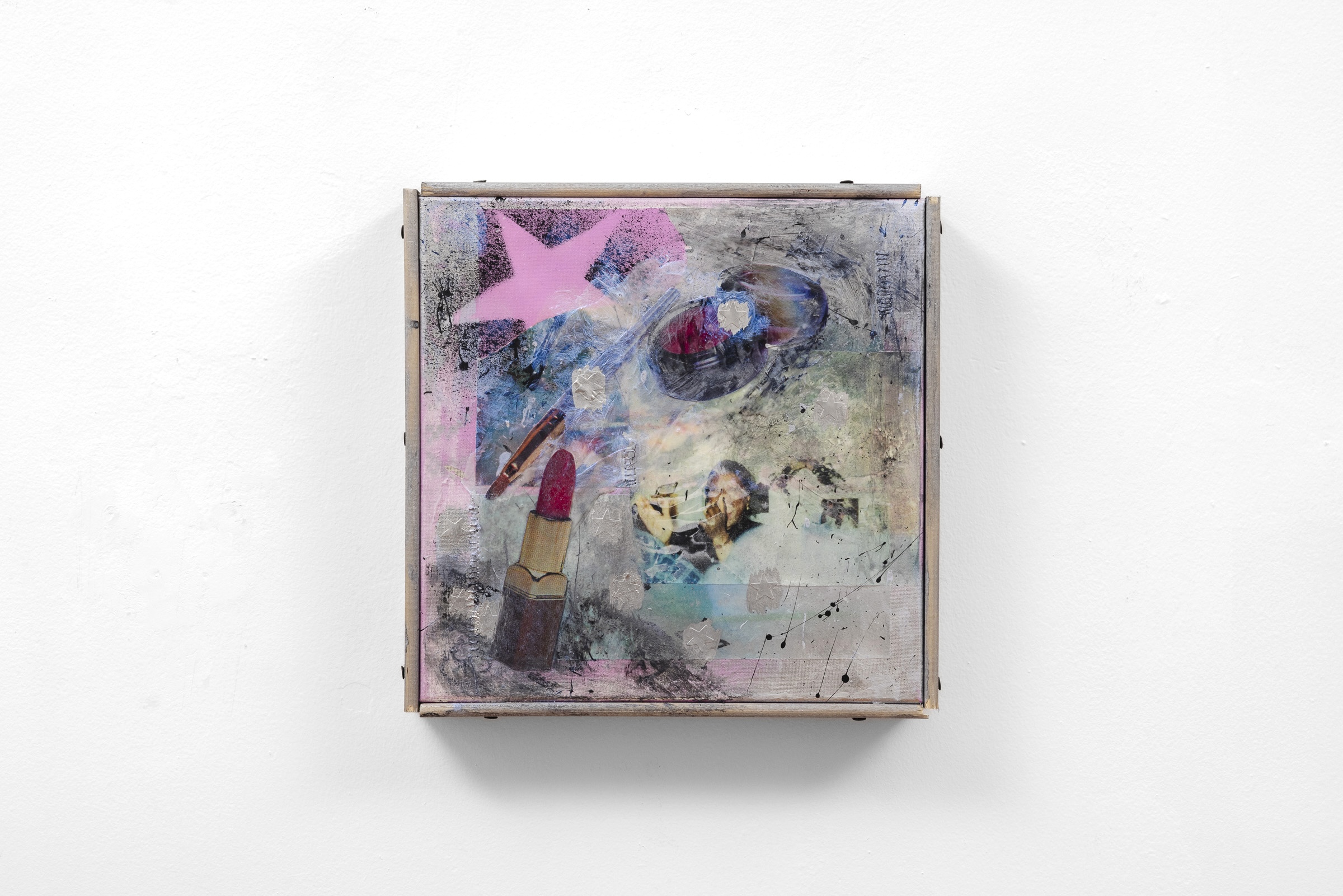
Brittany Adeline King
Pennypacker, 2024
Paint, collage, bed slat frame

Brittany Adeline King
Pennypacker, 2024
Paint, collage, bed slat frame

Brittany Adeline King
Pennypacker (detail), 2024
Paint, collage, bed slat frame

Brittany Adeline King
Pennypacker , 2024
Paint, collage, bed slat frame
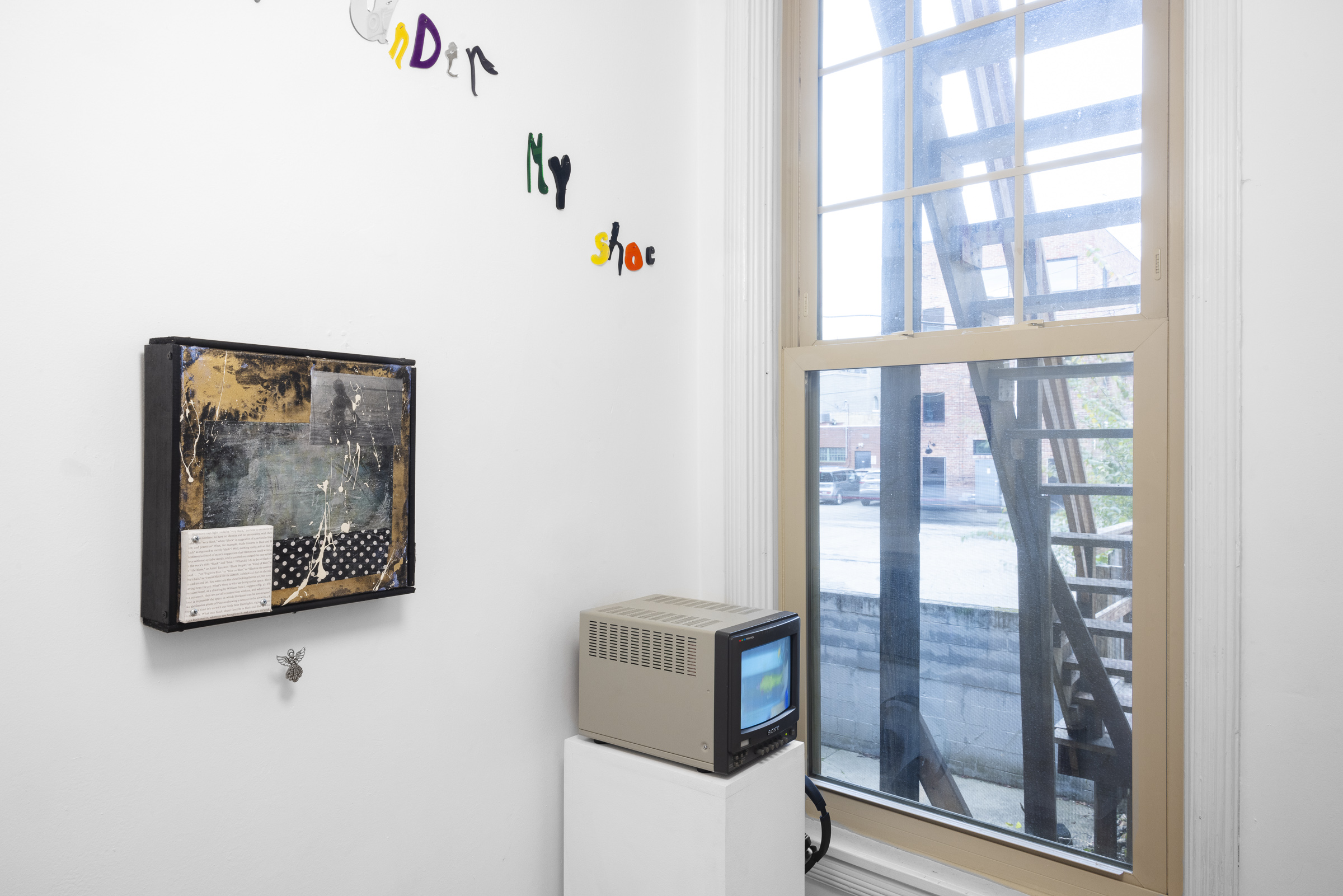
Installation view, silent disco encore, 2024

Installation view, silent disco encore, 2024
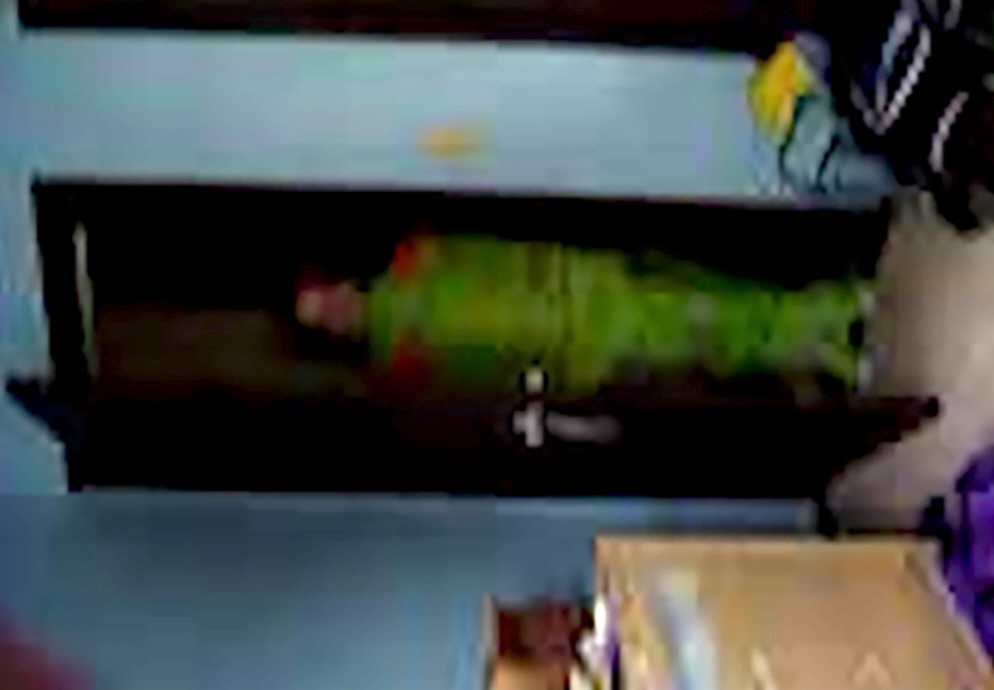
Liz Vitlin
Is This Person (still), 2024
video on 8” Sony Trinitron CRT tube monitor

Brittany Adeline King
Mississippi, 2024
Paint, collage, bed slat frame

Brittany Adeline King
Mississippi (detail), 2024
Paint, collage, bed slat frame
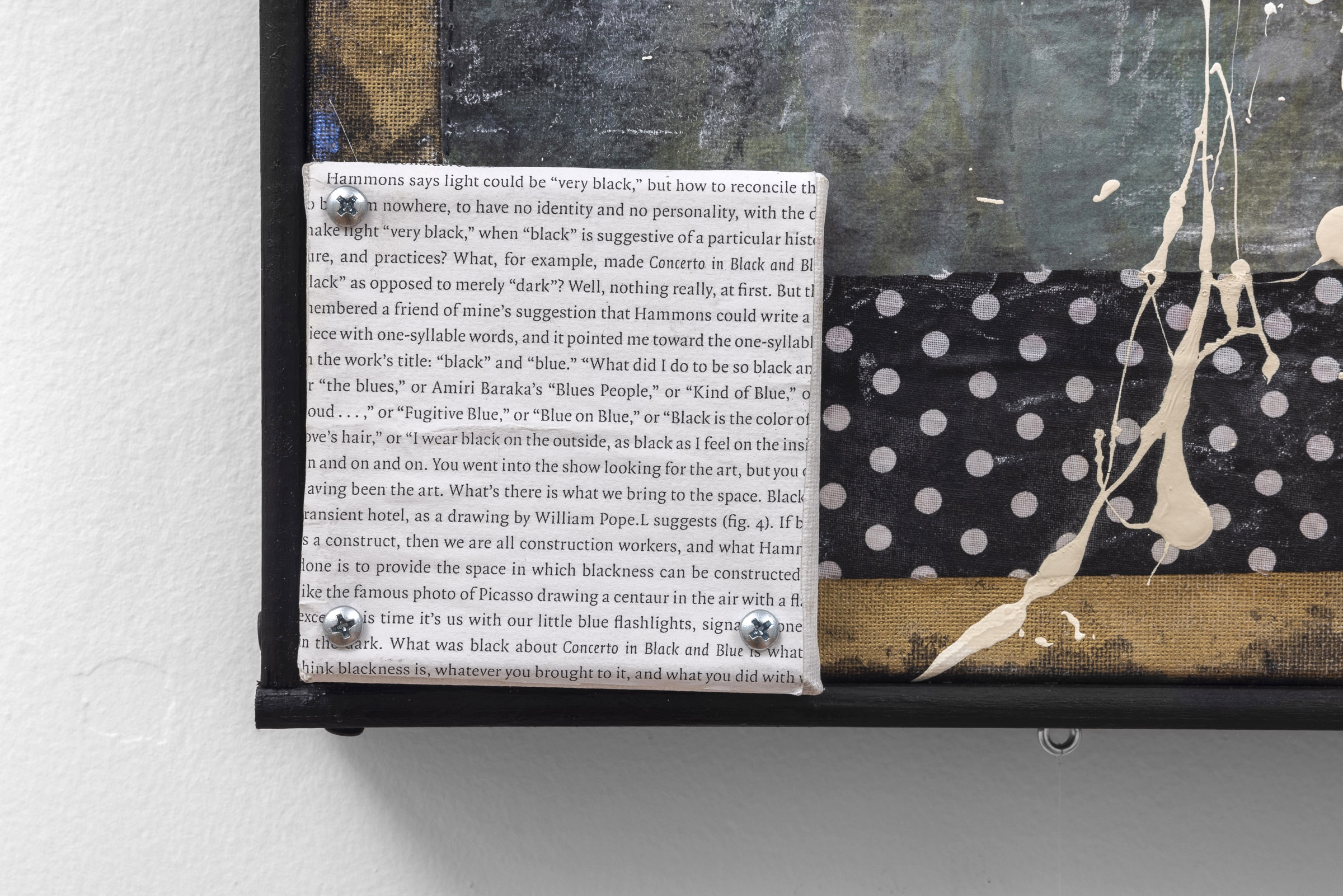
Brittany Adeline King
Mississippi (detail), 2024
Paint, collage, bed slat frame
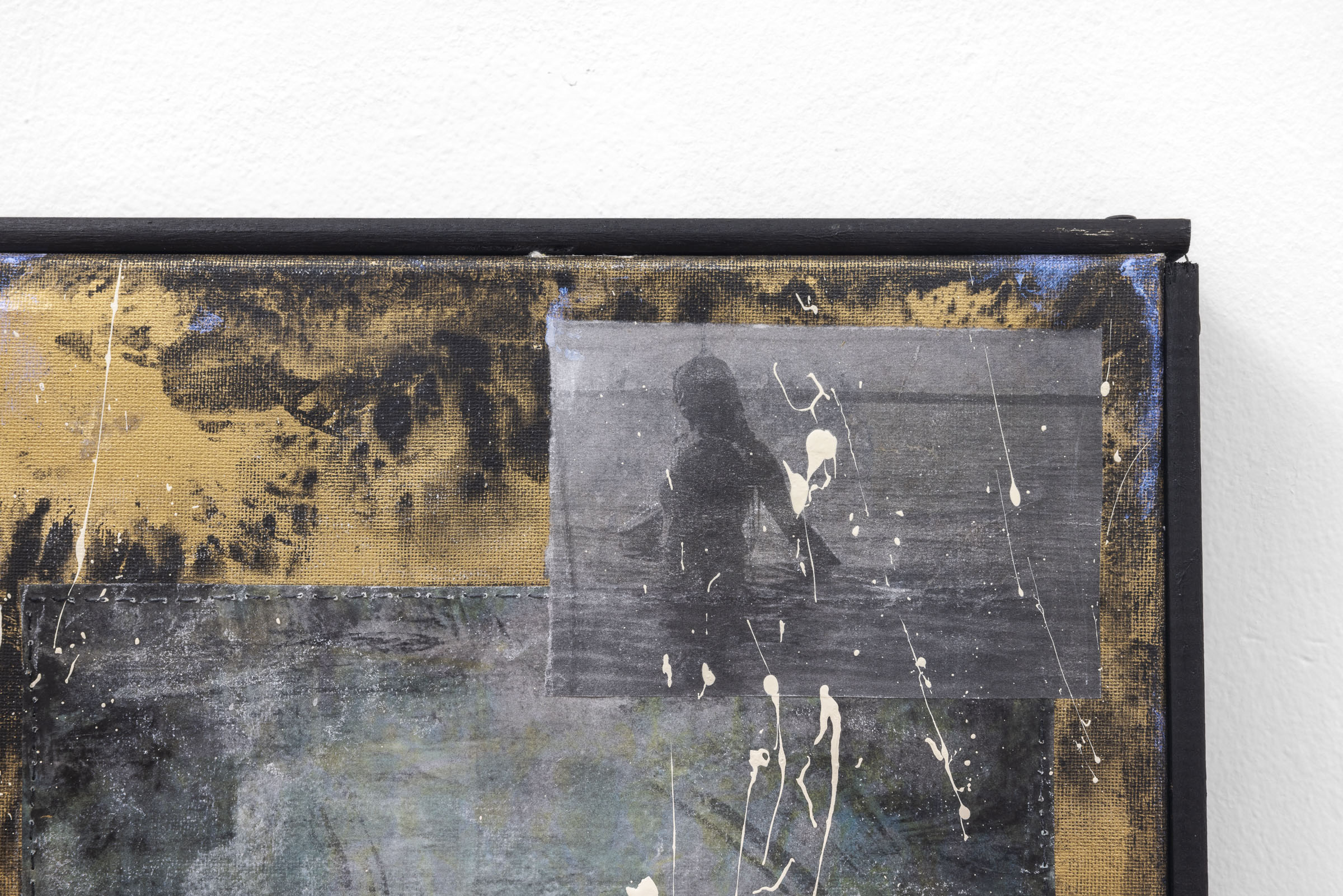
Brittany Adeline King
Mississippi (detail), 2024
Paint, collage, bed slat frame

Installation view, silent disco encore, 2024
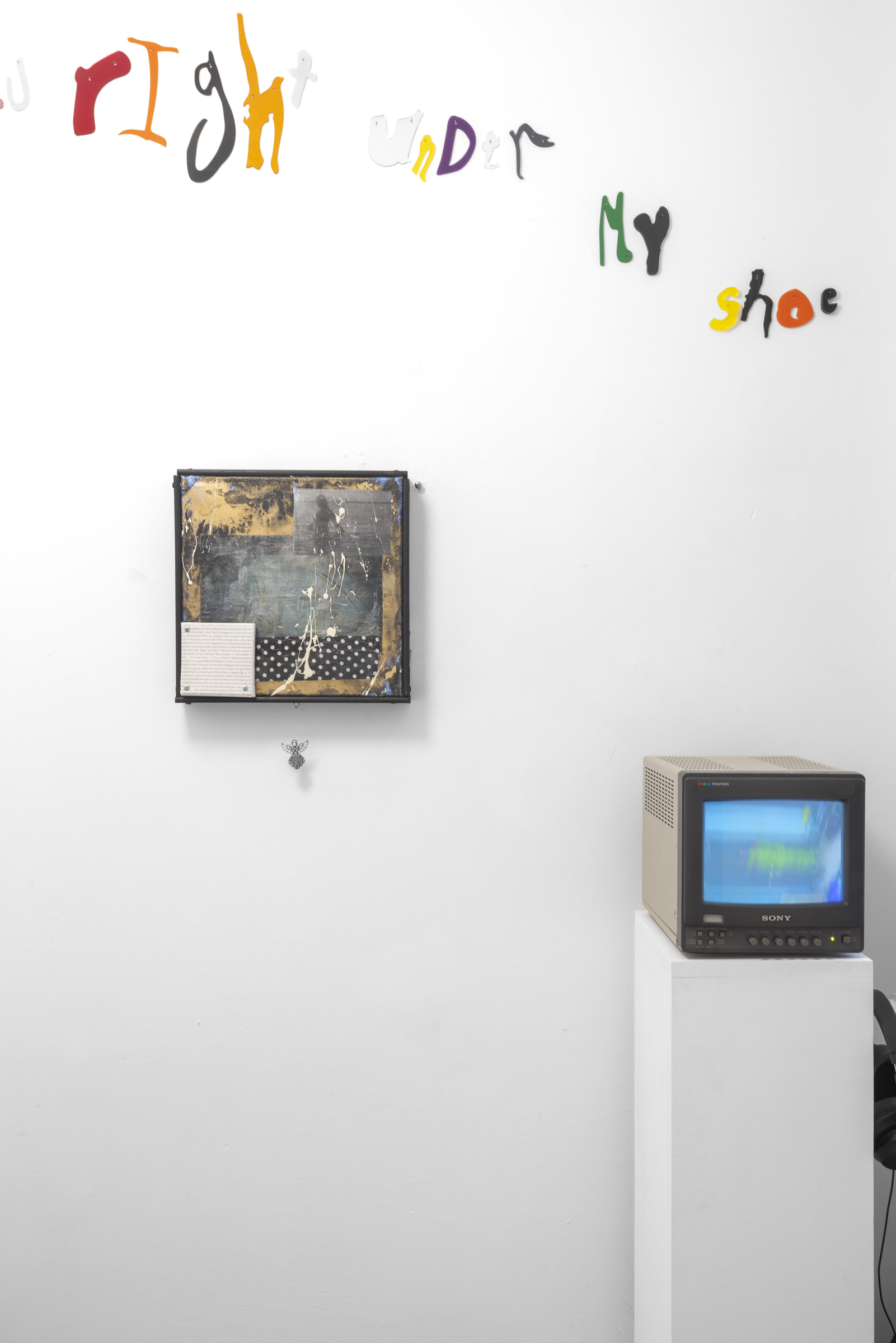
Installation view, silent disco encore, 2024

Eric Veit
Doll, 2024
Wood, plastic, resin, various metals
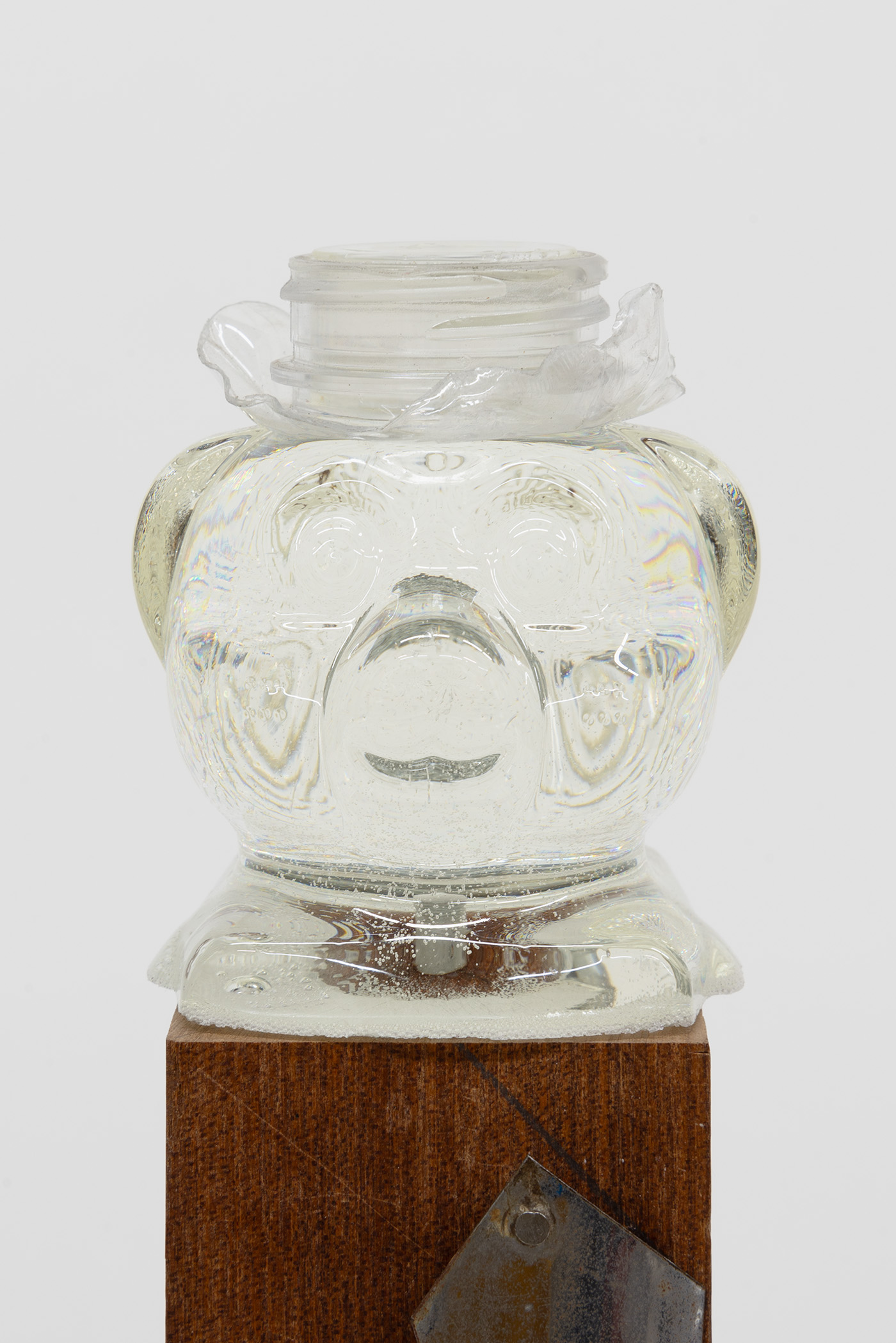
Eric Veit
Doll (detail), 2024
Wood, plastic, resin, various metals

Installation view, silent disco encore, 2024

Owen Westberg
Park Stairs, 2024
Oil on aluminum
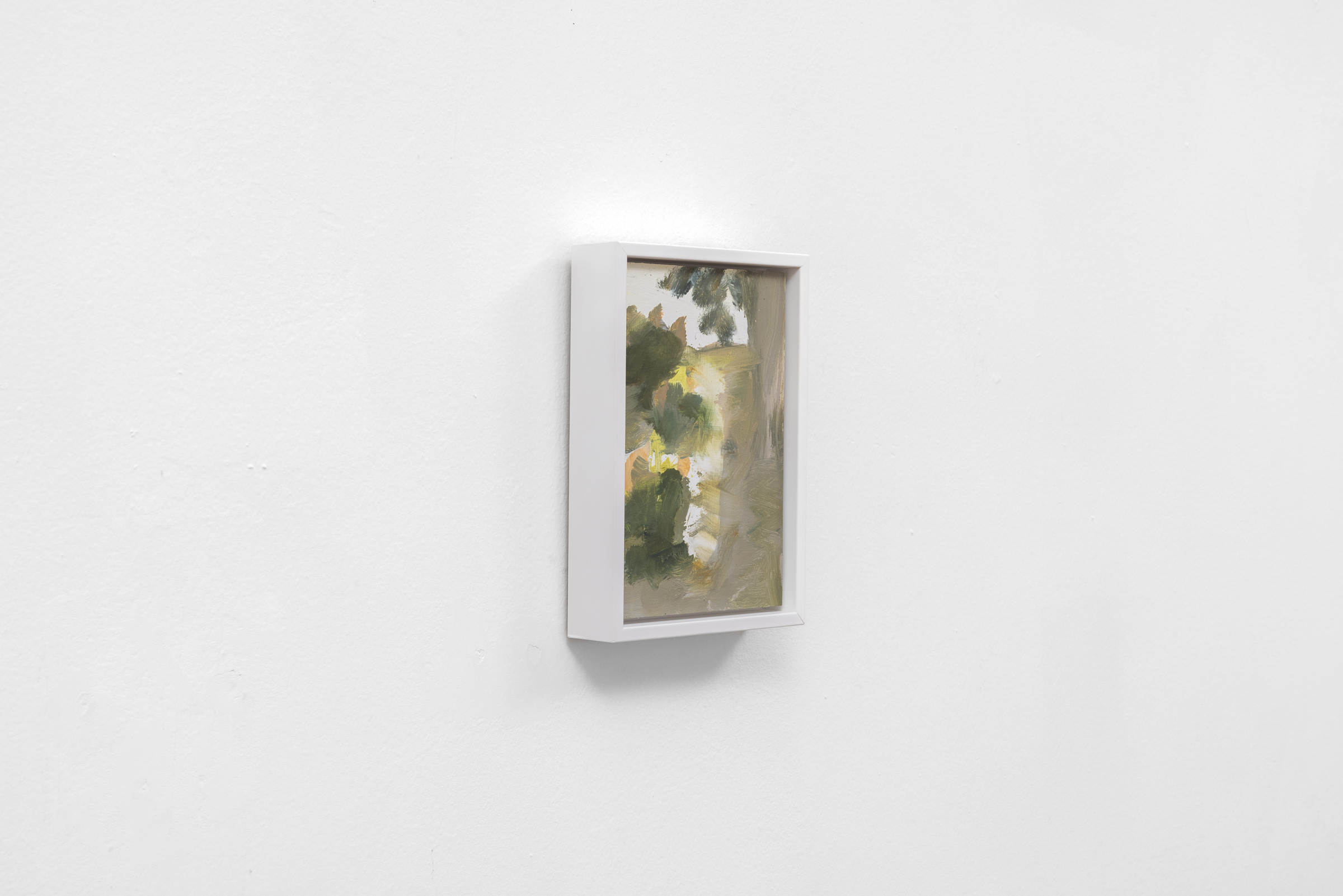
Owen Westberg
Park Stairs, 2024
Oil on aluminum
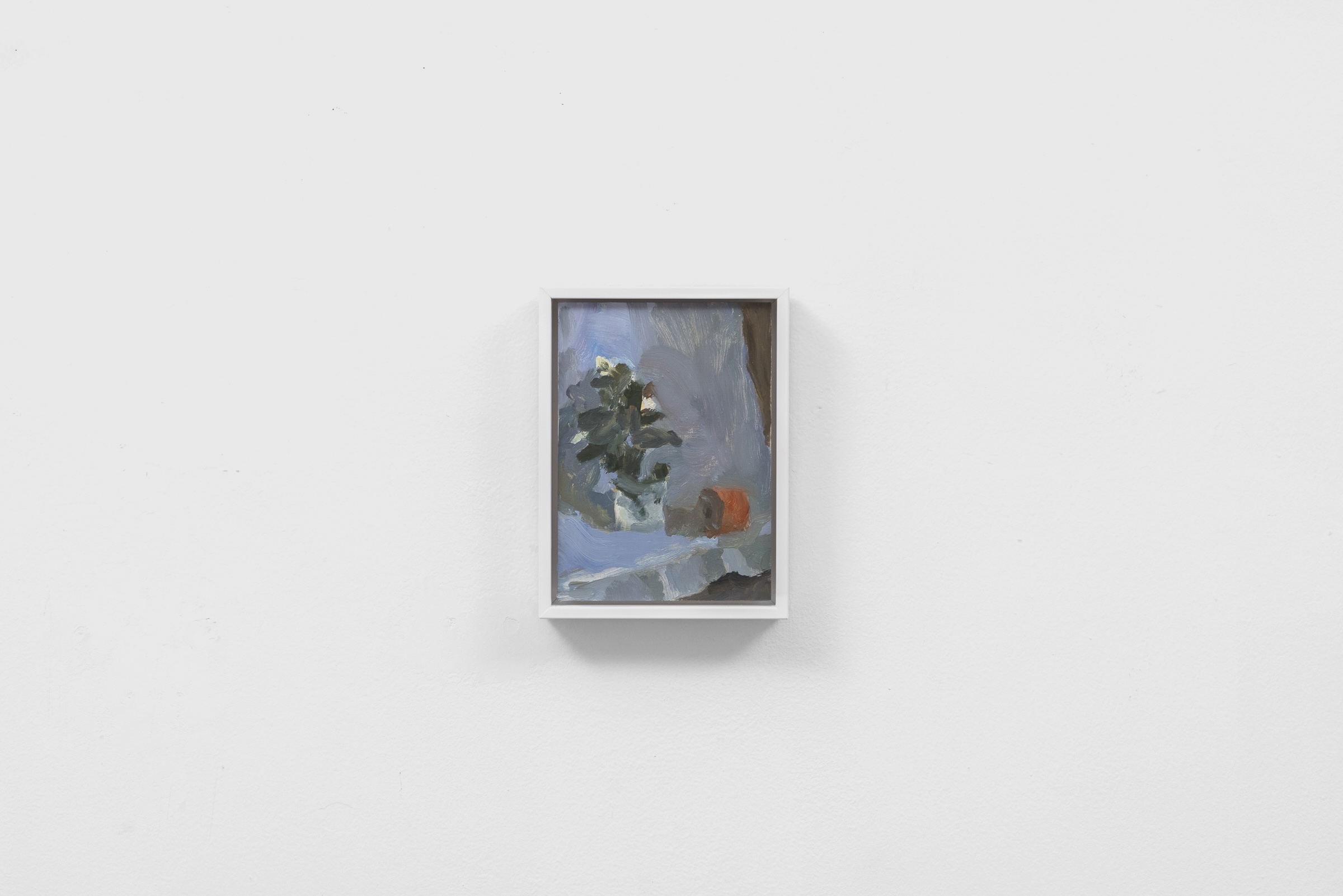
Owen Westberg
Wheels and Flowers, 2024
Oil on alminum
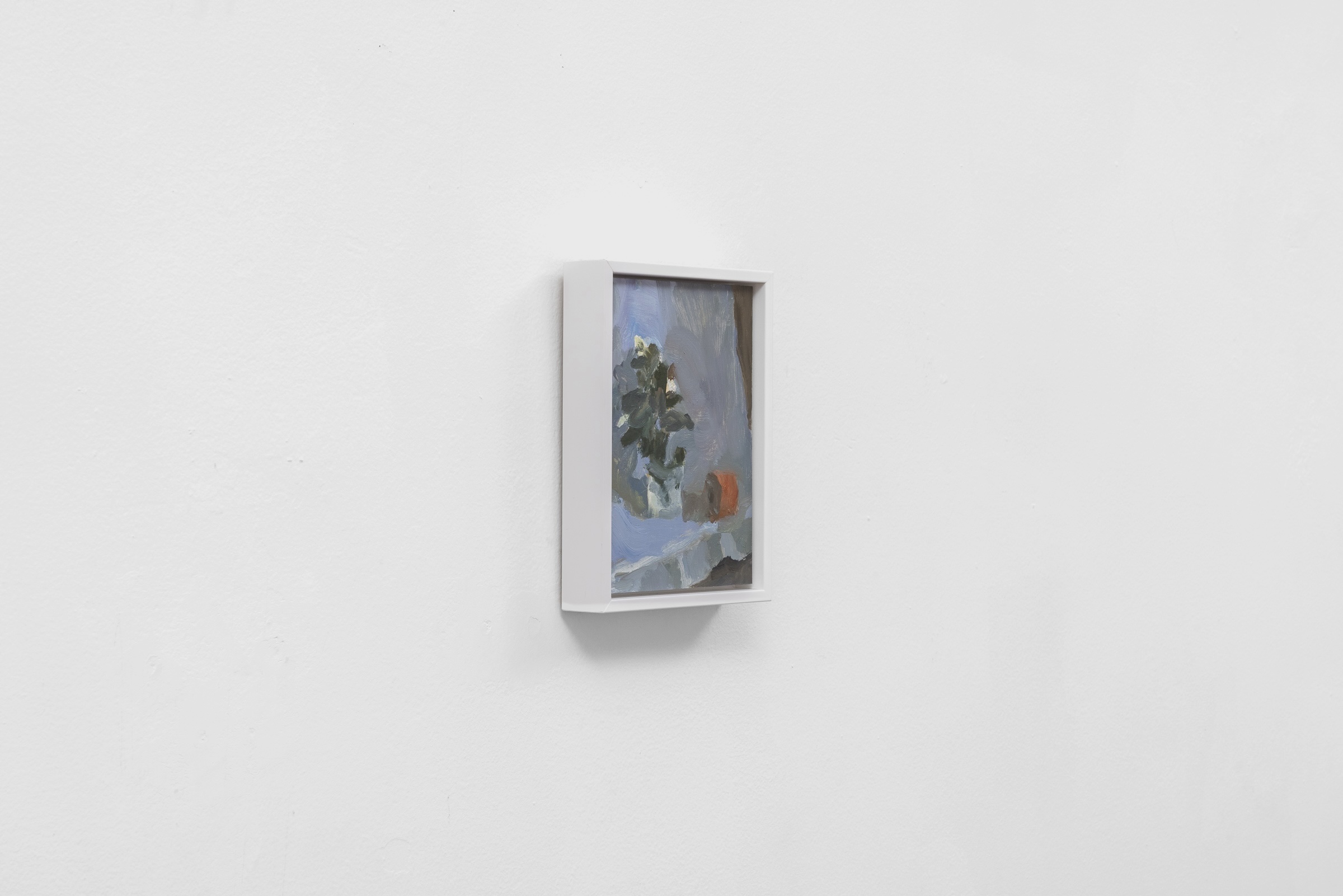
Owen Westberg
Wheels and Flowers, 2024
Oil on alminum